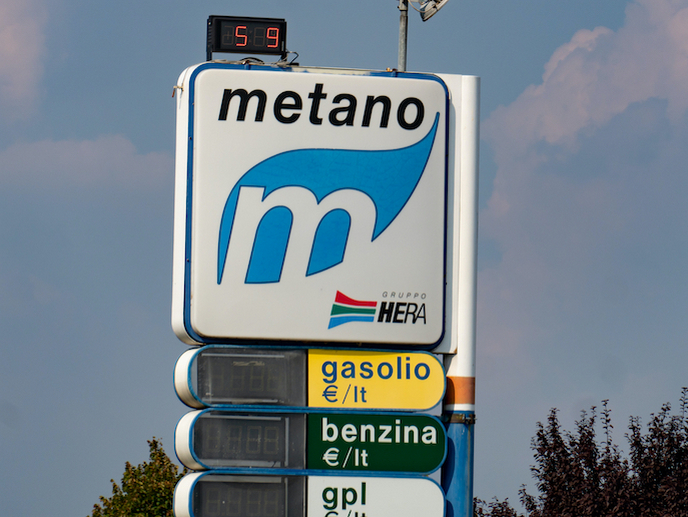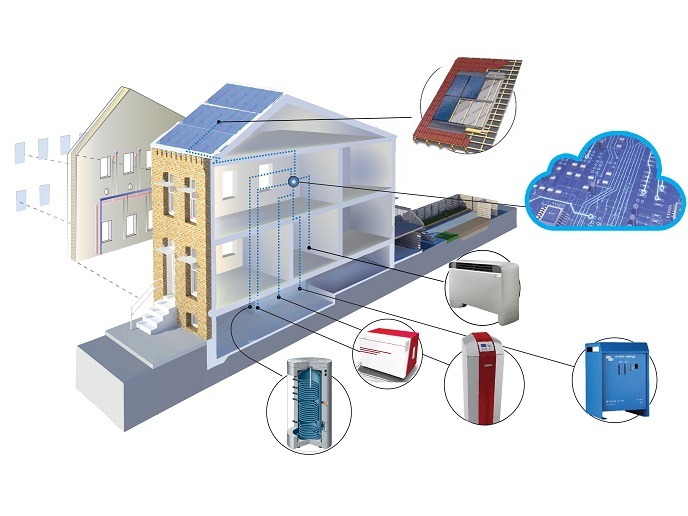Nudging Europe’s citizens towards energy efficiency
For Europe to meet its ambitious goal of being the first climate-neutral continent, individual citizens must be enabled to become more aware of their energy use and ultimately develop more energy-efficient habits. Yet present interventions often follow a ‘one-size-fits-all’ model and appear to have limited effectiveness in driving long-term change. “Traditional methods to promote energy efficiency are often designed using partial understanding about how different interventions interact with one another, and contrasting evidence about their effectiveness, as a result of poor testing under real-world conditions,” explains Filippos Anagnostopoulos, senior expert at the Institute for European Energy and Climate Policy, and NUDGE project coordinator. The NUDGE project harnessed behavioural science to design and test subtle nudging interventions aimed at promoting energy-saving habits. Examples include users being told what their neighbours or peers do, or changing the default settings of energy devices. The work involved in-depth consumer analysis through surveys and randomised control trials across five EU countries: Belgium, Croatia, Germany, Greece and Portugal. The diverse testing ground encompassed residential buildings, energy communities and schools, representing a variety of energy usage scenarios, demographics and socio-economic backgrounds. “NUDGE’s research paves the way for the integration of behavioural nudges into policy frameworks, empowering both governments and private entities to make informed decisions,” says Anagnostopoulos.
Small pushes, big changes
To understand the real-world impact, NUDGE delved into individual psychology and contextual factors that influence energy consumption. The team created detailed user profiles that can help to better tailor nudges, and conducted experiments to evaluate their efficacy. They achieved this by leveraging surveys, user feedback and data from modern sensor technologies such as smart meters, mobile apps and air quality sensors, all implemented in real-world settings. Results showed that interactive nudges led to energy savings of up to 4 % in some settings, and up to 16 % for a specific subset using automated settings. However, the project also revealed crucial limitations. Nudges were not universally effective, and for some groups, the effects were negligible or even contradictory.
Beyond the lab: real-world limitations of nudges
The NUDGE project highlighted several key limitations of nudges in real-world settings. Firstly, there are competing priorities, as households often prioritise other daily activities over monitoring energy consumption apps. Seasonal fluctuations – such as holidays – are disruptive to energy-saving efforts, as routines and consumption patterns change. External factors such as the weather can also significantly impact energy use, limiting nudge effectiveness. The research also identified factors beyond individual behaviour that can hinder nudges’ effectiveness. For instance, mismatched regulatory incentives can overpower the nudges’ influence, such as when regulations offer stronger financial incentives for certain behaviours.
Using tailored nudging strategies
The results highlighted several key insights into personalised behavioural nudges regarding energy efficiency. For nudges to be effective, they must be clearly linked to the specific energy-saving behaviours they aim to influence. Policymakers also need to ensure nudging campaigns complement, rather than contradict, existing regulations and market mechanisms. “It is important to identify potential conflicts so nudges can be designed to work seamlessly,” adds Anagnostopoulos. The project emphasised the importance of ‘default nudges’ that require minimal user effort. Automatically setting an option (on EV charging settings, for example) can nudge consumers towards more efficient habits without requiring active engagement. Importantly, NUDGE underscored the critical role of providing consumers with immediate feedback on their energy use. “By visualising consumption data through apps or smart meter displays, individuals are empowered to make informed decisions and adjust their behaviour accordingly,” notes Anagnostopoulos.
Keywords
NUDGE, energy, efficiency, nudges, behavioural science, climate-neutral, tailored, strategies







